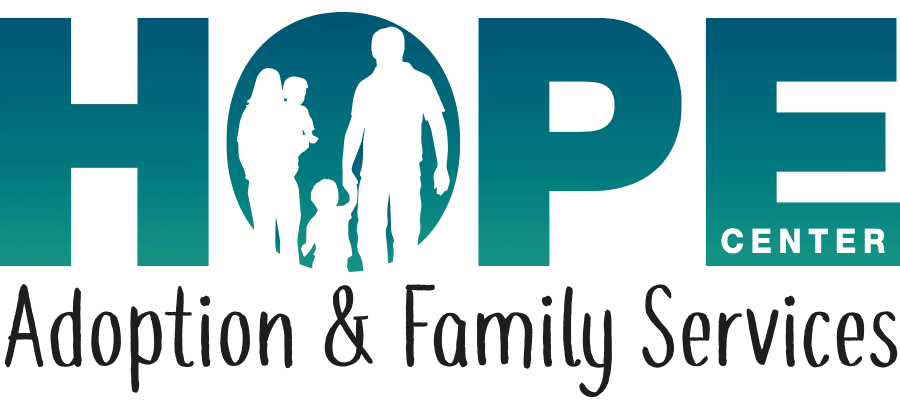An Adoptee’s Perspective
What does it mean to be adopted? If I’ve learned anything over the past two years of my research (I just graduated with my Masters, yay!) and the past 24 years of life, it really just means a lot of questions. Questions from other people, questions from yourself, questions for your parents (birth and adoptive), a lot of questions. I’m always surprised by how often it comes up in my life unexpectedly. Last week at work my coworkers were standing around discussing food we grew up with as kids. One of my coworkers said “well my mom is German, so sometimes she’ll cook full German meals for dinner.” My other coworker nodded “yeah, it was like that for me growing up in an Italian family, big family Italian meals every Sunday.” I told them that my parents were both from German backgrounds too. My coworker laughed and said, “My mom thinks I’m stubborn because of my German roots. Are you stubborn too?” I smiled and said, “Well actually I’m adopted so I didn’t get any German from her, but I definitely grew up eating bierocks and stuff.” They both paused. “Oh really? You’re adopted?” “Yeah, I am.” “So what’s that like?” “It’s great. I have amazing parents. I’m really lucky. But that’s just my experience, some people have a really tough time with it.”
Most of my adoption conversations are usually similar to that. “What’s it like?” “How old were you?” “Do you talk to your birth parents?” “We don’t have to talk about it if it makes you uncomfortable.” For me my adoption is a talking point for educating others about the process, and helping them understand a unique situation they likely don’t know much about.
I don’t ever remember not knowing I was adopted. I don’t even remember that initial conversation, so it must have been very early on, which a lot of research supports, saying it’s important to have those conversations as early as possible for the child. As a side note, if any of you are interested in the current adoption research trends, Dr. Colleen Colaner at the University of Missouri is doing some very cool and important work on the topic in the communication field.
I think what I’ve realized after conducting my own research for my thesis and hearing other adoptee stories is that all of us have such a nuanced experience and understanding of our circumstances, and it’s really important we feel we have the space to express that and come to terms with it in our own ways. However, while all of us have different adoptive circumstances, each of us have something in common. The need to be loved, wanted, and accepted in ways our childhoods might not have provided us with. A very basic human need if you really think about it. These experiences change our brain chemistry, form our attachment styles, affect the way we interact with the world.
I’ve been reading a book about childhood trauma, The Drama of the Gifted Child: The Search for the True Self, by Alice Miller. While the book mostly discusses the important work one can do in therapy to heal childhood wounds, Miller also talks about how critical it is to face our own realities and grieve them. She writes: “Once our own reality has been faced and experienced, the inner necessity to keep building up new illusions and denials in order to avoid the experience of that reality disappears. We then realize that all our lives we have feared and struggled to ward off something that really cannot happen any longer; it has already happened, at the very beginning of our lives while we were completely dependent…The aim of therapy is not to correct the past, but to enable the patient to both confront his own history and to grieve over it.”
While therapy is certainly not for everyone, and each of us have different ways of grieving and coping, Miller makes an excellent point about fearing something that’s already happened. We’ve been hurt, abandoned, rejected, and even if we don’t feel first hand the emotional effects of that, research and anecdotal evidence suggests that most adoptees will likely struggle with these issues at some point in their lives. If we’re able to confront them head on and give ourselves space to grieve and move forward, we could perhaps find ourselves able to better connect with others and embrace our adoptions in different ways.
Being adopted is tough sometimes. Sometimes its not. It usually feels like unless you’re adopted, you don’t really get it. Which feels relevant for how many people feel right now in the world. Alone, misunderstood, confused. I’m trying to use this time to empathize with others as much as I can, because we’ve all felt alone in one way or another. I think its important for adoptees to have our voices heard, because we have a lot to say. I wish each of you light, love and peace on your individual adoptive journeys. #AdoptionIsLove
This guest post was written by Kristen Haberkorn. Kristen is an adoptee. She recently graduated from Wake Forest University with an MA in Communications. She enjoys sharing her adoption experience in hopes of helping others understand the adoption process.
